What Is Commercial Insurance? How to Protect Your Small Business From Financial Loss

Commercial insurance protects businesses and their employees from financial loss in the event of a catastrophe that’s covered by the company’s insurance policy. Commercial insurance is a general term referring to a number of specific types of business insurance coverage that protect a company in the case of accident, disaster, crime or liability. Business owners need to assess the risks their company faces and choose commercial insurance policies that protect against those specific risks.
Explore these topics to learn what commercial insurance is and the different types of insurance you can get to protect your business:
What Are the Different Types of Commercial Insurance?
How Much Does Commercial Insurance Cost?
Do I Need Commercial Insurance?
What Are the Different Types of Commercial Insurance?
There are a variety of types of commercial insurance that a small business may need to protect itself. Take inventory of your company’s assets and vulnerabilities to help you decide what types of commercial insurance you need to protect your business from financial loss. Here are seven of the most common types of commercial insurance that small businesses may need to invest in:

Commercial Property Insurance
Commercial property insurance protects a business’s property, including buildings, land and equipment, from fire, theft, vandalism and natural disaster. Any business with valuable property should have commercial property insurance to protect its investment. Commercial property insurance provides many of the same protections that personal property insurance offers individuals. When an insurance company is calculating the cost of your commercial property insurance policy for a quote, they will consider these factors:
- The location of the property
- The materials used in the construction of buildings on the property
- The age of the office buildings
- The type of business occupying the property and how much risk is associated with it (i.e. restaurants are often at higher risk of fires than a retail store)
- Any protections in place, such as sprinkler systems, fire alarms and security systems
Commercial Auto Insurance
Commercial auto insurance covers vehicles used as part of your normal business activities, including cars, vans and trucks. It provides coverage for theft, physical damage and liability, including covering your employees who drive work vehicles. Commercial auto insurance usually covers a business’s losses for the following cases:
- Bodily injury liability
- Property damage liability
- Medical payments
- Physical damage
- Theft and vandalism
- Collision coverage
Commercial Health Insurance
Commercial health insurance refers to health insurance plans that aren’t administered by the government, such as Medicare. It’s issued by employers and provides coverage for medical expenses and disability income. Small businesses can enroll in commercial health insurance plans to give coverage to workers, their spouses and dependents. Usually, the cost of health plans are split, with the employer covering a portion of the insurance cost and the employee paying a certain percentage of the cost.
Business Income Insurance
Business income insurance provides compensation to a company to replace lost income as a result of an event that disrupts your business activity, including natural disasters and fires. Business income insurance will cover your losses for the entire period that your company’s operations are on hold. The policy will cover the following:
- Fixed costs, like rent or mortgage payments
- Lost profits
- The cost of a temporary location
- Taxes
- Employee wages
- Loan payments
Commercial General Liability Insurance
Commercial general liability insurance is a comprehensive coverage option for businesses. It protects them from financial loss related to illness, medical expenses and damage caused by the company’s operations, products or services.
Business Owner’s Policy
A Business Owner’s Policy (BOP) is an insurance policy package designed specifically for small business owners who need a combination of liability, income and property protections. A BOP bundles three popular commercial insurance plans into one policy, covering:
- Commercial general liability insurance
- Commercial property insurance
- Business income insurance
As a business owner, you can often save money on your insurance costs by buying a BOP and it also simplifies your insurance coverage.
Workers Compensation
Workers compensation gives crucial insurance coverage to businesses that employ workers. It’s required by law in many states, so make sure to look into your local legal requirements. Workers compensation policies pay out benefits to workers who become injured, ill or disabled in the workplace. In the event of a death in the workplace, the employee’s family receives their benefits. Workers compensation offers protection to both employees and the business. It saves workers from financial loss following an accident at work and it protects businesses from being sued by their employees, in many cases.

How Much Does Commercial Insurance Cost?
The cost of commercial insurance varies widely based on the coverage your business requires and the amount of risk associated with your work. When evaluating the cost of your commercial insurance policies, an insurance broker or agent will take into consideration the following factors:
- The type of business you run
- The number of years you’ve been in business
- Gross annual revenue
- The location of your business
- Whether you own commercial vehicles
- Whether you own commercial property
- The number of employees at the company
- Training procedures for employees
Do I Need Commercial Insurance?
Your business needs commercial insurance to protect against financial loss related to liability claims, crime, natural disasters, fire and other issues affecting business operations. Companies that don’t invest in commercial insurance policies need to pay out of pocket when a disaster damages their property or a claim of liability is made against the company, which can lead to financial ruin, especially for small businesses.
Some types of commercial insurance are required by law. Most states require any business with employees to provide workers compensation. You can look into the particular requirements in your own state. Under the Affordable Care Act (ACA), businesses with fifty or more full-time equivalent employees need to provide their staff with health insurance.
RELATED ARTICLES

 Crowdfunding for Business: 17 Best Sites To Get Capital
Crowdfunding for Business: 17 Best Sites To Get Capital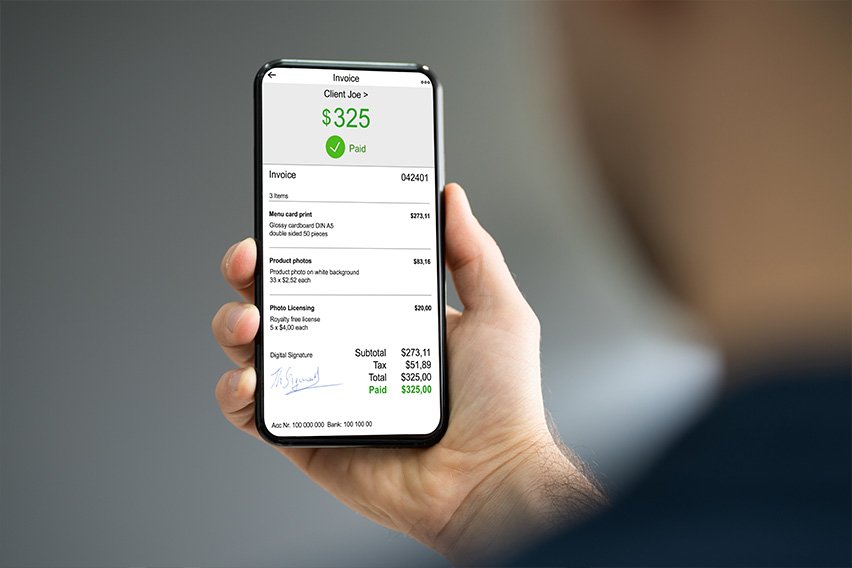 How Partial Payment Invoice Helps to Get Paid Upfront Payments
How Partial Payment Invoice Helps to Get Paid Upfront Payments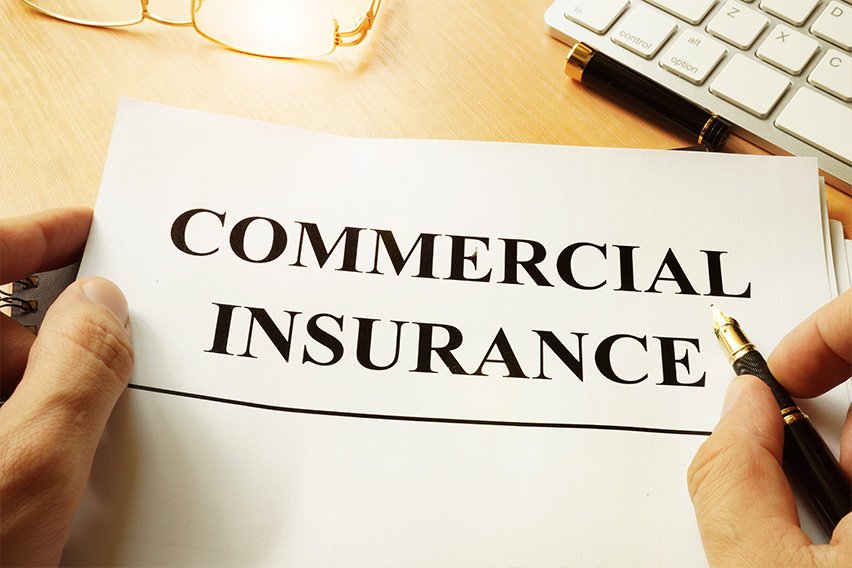 What Is Commercial General Liability Insurance? How to Protect Your Business from Financial Loss
What Is Commercial General Liability Insurance? How to Protect Your Business from Financial Loss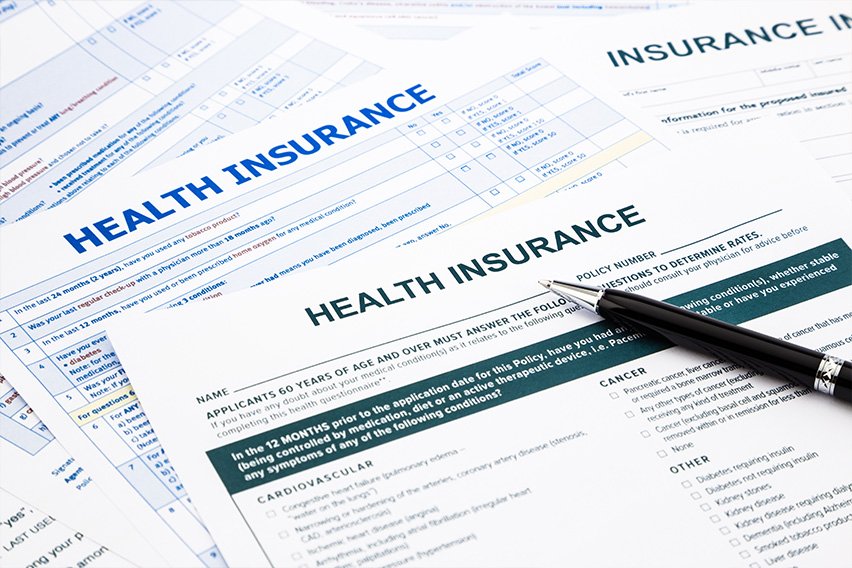 Health Insurance for Freelancers: Affordable Coverage Options for the Self-Employed
Health Insurance for Freelancers: Affordable Coverage Options for the Self-Employed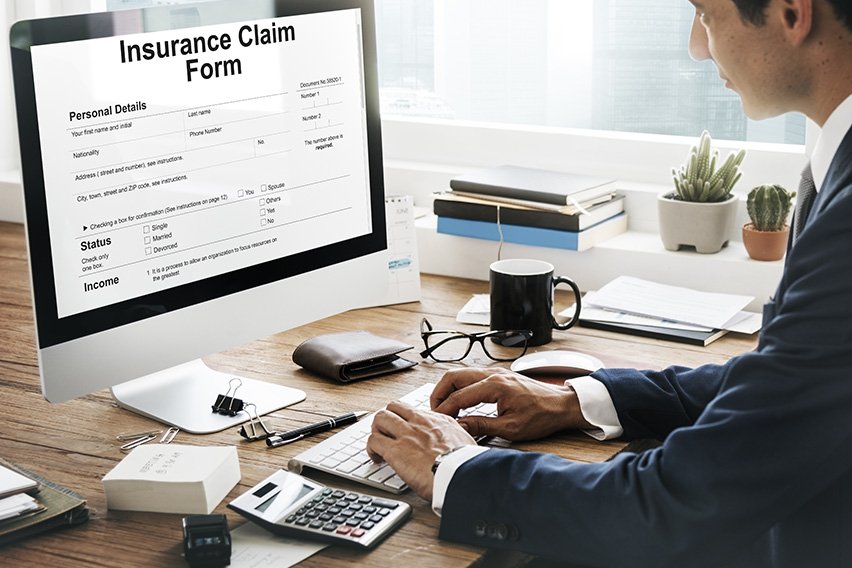 The Top 10 Types of Insurance Claims Filed by Small Businesses
The Top 10 Types of Insurance Claims Filed by Small Businesses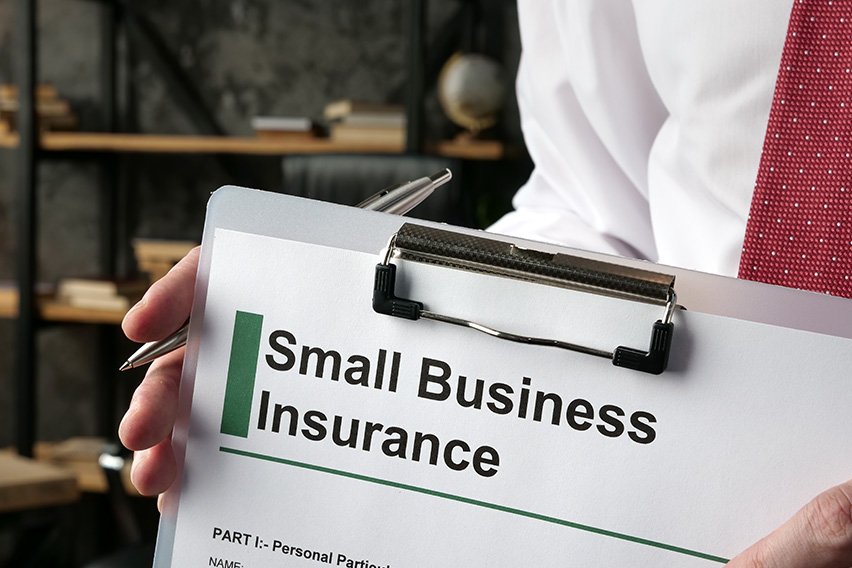 What Is Small Business Insurance? A Complete Guide to Insurance for Startups
What Is Small Business Insurance? A Complete Guide to Insurance for Startups